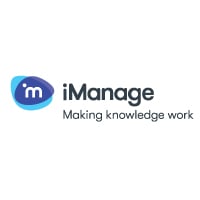

Director of the international legal department | SoftBank Corporation







Yoshitaka Kato
Director of the international legal department | SoftBank Corporation
Team size: Ten
What are the most significant cases, projects or transactions that you and/or your legal team have recently been involved in?
First, the establishment of Joint Venture Company in Japan with OpenAI in relation to the development and sale of trailblazing AI Agent. Second, the acquisition of Cubic Telecom as a subsidiary. This enables us to deliver cutting-edge IoT platform globally.
How do you approach managing legal aspects during periods of instability or crisis to ensure the organisation’s resilience?
During periods of instability or crisis, I take a calm and objective approach to analysing the situation, ensuring that decisions are grounded in facts and legal soundness. I maintain close communication with executives and business teams to align legal strategies with broader organisational goals and to provide timely, practical guidance. This collaborative approach allows for swift decision-making and execution, which are critical to maintaining the organisation’s resilience and ability to adapt in uncertain circumstances.
What strategies do you employ to ensure the successful digital transformation of a legal department while maintaining compliance with your country’s data protection laws?
Digital transformation and data compliance are not in conflict. The majority of digital solutions are designed to comply with applicable data protection laws, enabling legal departments to drive bold transformation, including AI adoption. While remaining cautious about handling sensitive personal data, we see proactive digitalisation as both feasible and necessary.
Based on your experiences in the past year, are there any trends in the legal or business world that you are keeping an eye on that you think other in-house lawyers should be mindful of?
The rapid advancement of AI now enables it to handle much of the legal research and drafting that lawyers, including in-house counsel, traditionally performed. As these tools continue to evolve, in-house lawyers must focus on areas where AI cannot easily substitute, such as complex negotiations and risk-based judgment aligned with business objectives.